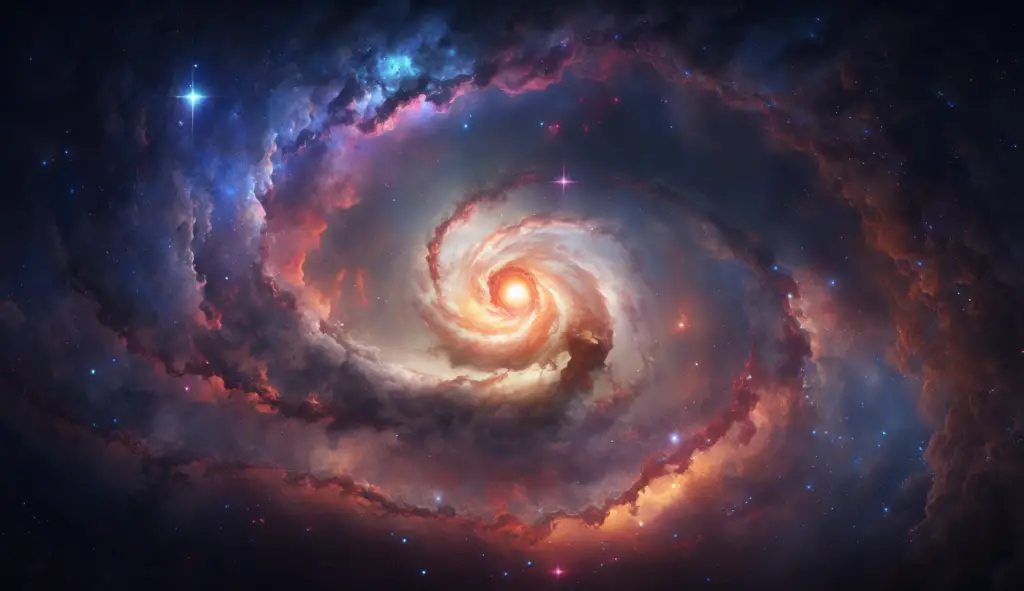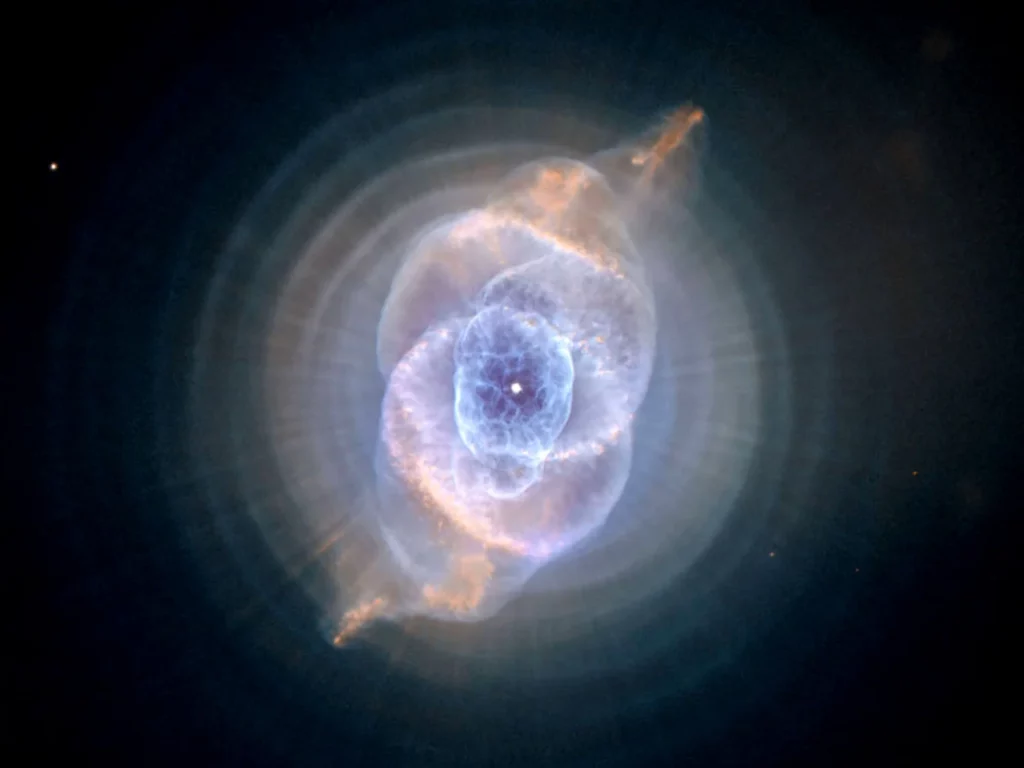The concept of our universe being created by a higher intelligent being has been a topic of debate and speculation for centuries.

However, the idea of our universe being an experiment by extraterrestrial beings is a relatively new theory that has emerged in recent years. A Harvard professor has reignited the discussion by suggesting that our universe was created in a lab by aliens.
Table of Contents
This theory, while seemingly far-fetched, opens up new possibilities to better understand the origins of our universe and the potential existence of extraterrestrial life.
The Pioneering Harvard Professor
The Harvard professor behind this theory is Dr. Avi Loeb, a respected theoretical physicist and chair of the Astronomy department at Harvard University. Dr. Loeb has published numerous papers and articles on various subjects in astrophysics, such as black holes, cosmic inflation, and the search for extraterrestrial life. His controversial theory on the universe’s creation has captured the attention of the scientific community and the general public alike.
The Eye of God, the nebula that observes us from 650 light years away

The Laboratory Universe Hypothesis
Dr. Loeb’s theory, known as the Laboratory Universe Hypothesis, proposes that our universe is the result of a scientific experiment conducted by an advanced extraterrestrial civilization. According to Dr. Loeb, this alien civilization could have created our universe by compressing a small amount of matter and energy into an incredibly dense state, which then expanded rapidly due to a process called inflation. This rapid expansion led to the formation of our universe as we know it, with galaxies, stars, and planets forming over billions of years.
Fascinating Story of the only man buried on the Moon
11-Year-Old Beats Stephen Hawking and Einstein in IQ Test, Achieving Highest Possible Score
Evidence Supporting the Hypothesis
Dr. Loeb’s theory is based on a few key pieces of evidence that he believes point to the possibility of an extraterrestrial hand in the creation of our universe. One of these is the fine-tuning of the universe’s fundamental constants, such as the speed of light and the strength of gravity. These constants have precise values that are necessary for the existence of life and the formation of the universe as we know it. Dr. Loeb argues that the fine-tuning of these constants could be the result of deliberate manipulation by an advanced civilization.
Another piece of evidence that supports Dr. Loeb’s theory is the unexplained nature of dark matter and dark energy, which make up the majority of the universe’s mass and energy. Dr. Loeb suggests that these mysterious substances could be the remnants of the experiment that created our universe, left behind by the extraterrestrial scientists who conducted it.
Criticisms and Counterarguments
As expected, Dr. Loeb’s theory has faced significant criticism from the scientific community. Critics argue that there is no direct evidence to support the Laboratory Universe Hypothesis and that it is based on speculation rather than hard facts. Some believe that the fine-tuning of the universe’s constants can be explained by the anthropic principle, which states that the observed values of the constants are the only ones compatible with the existence of life as we know it.
Others point out that the idea of the universe being created by extraterrestrials raises more questions than it answers, such as the origins of the advanced alien civilization itself. If our universe was created by aliens, then where did those aliens come from? This leads to an infinite regress, making the theory difficult to accept as a viable explanation for the origins of our universe.
The Broader Implications of the Laboratory Universe Hypothesis
Regardless of whether the Laboratory Universe Hypothesis is ultimately proven true or false, its implications are far-reaching. If our universe was indeed created by an advanced extraterrestrial civilization, it would mean that our existence is not the result of random chance but of deliberate creation. This would have profound implications for our understanding of our place in the cosmos and the nature of life itself.
Furthermore, the hypothesis raises the possibility that there may be other universes out there, created by the same or different extraterrestrial civilizations. This opens up new avenues of research and exploration, both for the scientific community and for those who are fascinated by the idea of the existence of other intelligent life forms in the cosmos.
Conclusion: The Quest for Understanding Continues
The Laboratory Universe Hypothesis, while controversial and divisive, has ignited a renewed interest in the study of the origins of our universe and the search for extraterrestrial life. While it may be some time before we have definitive proof one way or the other, the theory serves as a reminder of the vastness and complexity of the cosmos and the enduring human curiosity to understand our place in it. As we continue to explore and study the universe, we can hope to uncover more clues about its origins and the potential existence of other intelligent life forms, making the theory of our universe being created by extraterrestrials not entirely beyond the realm of possibility.
Reference(s):
